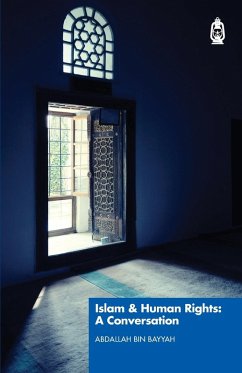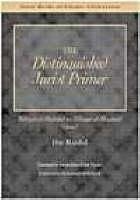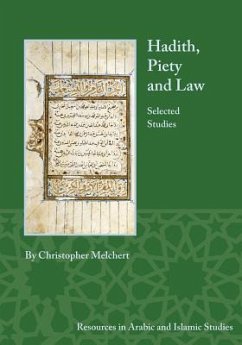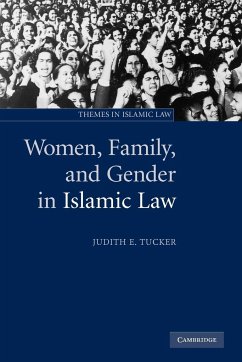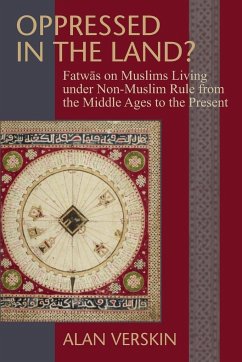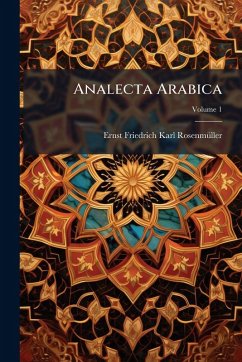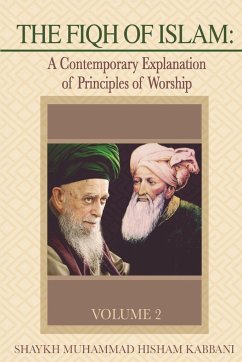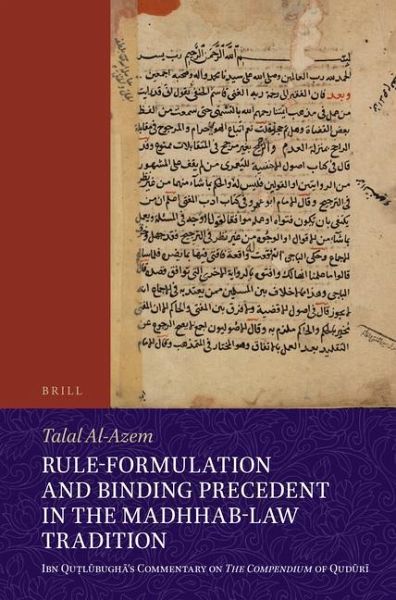
Rule-Formulation and Binding Precedent in the Madhhab-Law Tradition
Versandkostenfrei!
Versandfertig in über 4 Wochen
53,99 €
inkl. MwSt.

PAYBACK Punkte
27 °P sammeln!
In Rule-Formulation and Binding Precedent in the Madhhab-Law Tradition, Talal Al-Azem argues for the existence of a 'madhhab-law tradition' of jurisprudence, and examines how legal rules were forged by generations of scholarly commentary.



